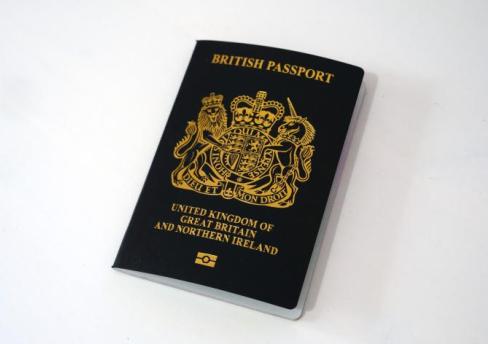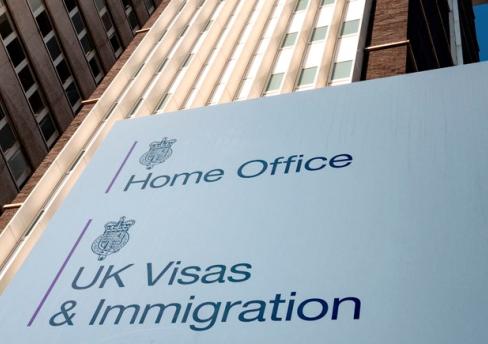Recently, I wrote about the new immigration system that will apply to work visas from January 2021, and mentioned that businesses would need to start to apply for Sponsor Licences in order to recruit from the EU. The Home Office guidance in the new system even goes so far as to recommend businesses apply now rather than wait till next year, but how does a business go about registering for a Licence?
I once gave evidence to the Scottish Affairs Committee at Westminster on work options for graduating students, and giving evidence immediately after me was the Immigration Minister. His evidence was that applying for a Licence was easy, and could be done in as little as 30 minutes, but unfortunately it's not always that straightforward. Every year the Home Office reject applications for Licences and there are a number of common mistakes that businesses make during the application process.
With less than six months until the new system comes into force, and processing times likely to be extended due to a high number of applications, it is important that a business starts this process as soon as possible, and has all the relevant information to complete it successfully. Here is our guide to the stages of applying for a Sponsor Licence:
1 Planning the application
Before even starting the online form, it is important that a business considers whether they will meet all the Sponsor Licence requirements, for example:
- Will they be using the Licence to recruit sufficiently "skilled workers"? Not all jobs qualify for work visas, and applying for a Licence for lower skilled roles is unlikely to be successful;
- Will they be able to pay the minimum salaries required for visa applications to be successful?;
- Can they meet the sponsor compliance duties?;
- Can they afford the costs of sponsorship? The initial outlay for a four year Licence for a small company, is only £536 but there are additional costs which must be paid every time the Licence is used. Many businesses also offer to meet the cost of visa applications for their candidates, and therefore should consider whether they have a contractual agreement to allow for recovery of these costs in some scenarios.
If a business doesn't consider these questions at the outset of the process they may find that their application is unsuccessful, or they incur costs obtaining a Licence they will never be able to use in practice.
2 Making the application
Without reading the Home Office guidance, someone could be forgiven for thinking that applying for a Licence is a simple online form. The online form is just one part of the process, but there are also supporting documents to provide and detailed Rules about the format and content of these documents.
Once the online form has been submitted, there are only five working days to send the supporting documents to the Home Office so it is important to get everything ready before clicking "submit". I've had cases where getting the supporting documents in the correct format has taken several weeks but by making sure you have the documents before finalising the online form can save hassle and unnecessary stress.
It is also important to understand a legal representative can prepare the application, but they must not submit the online form or your supporting documents to the Home Office. This is an automatic ground for refusal.
3 Waiting for the decision
There is no formal timescale for a decision on a licence application, but in my experience a waiting time of four - six weeks is common. This is likely to increase as we move towards January, and the number of businesses looking to apply for a Licence increases.
During this time, you might think that all you have to do is wait but that's not the case. The Home Office can ask for further information or they can visit your premises to check you have sufficient processes in place to meet the Licence obligations. This is where the planning in stage 1 can pay dividends.
It is important that a business going through the Licence application process is prepared for each of these stages. That's where we can help, we have helped businesses of all sizes and in a wide range of sectors apply for Sponsor Licences by:
- Discussing the requirements with them, and providing a roadmap for the application;
- Making sure they understand their sponsor obligations and the costs involved in the process;
- Carrying out audits to make sure they have robust compliance systems in place; and
- Reviewing or preparing application packs as well as drafting correspondence to the Home Office.
If you are considering recruiting from the EU and beyond in 2021, a Licence will be essential so I recommend getting one now. Why run the risk of finding the dream candidate in January 2021, only to lose them because you can't sponsor them?
Please get in touch to find out how we can help your business plan prepare for the challenges of recruitment under the new immigration system.
The content of this webpage is for information only and is not intended to be construed as legal advice and should not be treated as a substitute for specific advice. Morton Fraser LLP accepts no responsibility for the content of any third party website to which this webpage refers. Morton Fraser LLP is authorised and regulated by the Financial Conduct Authority.










